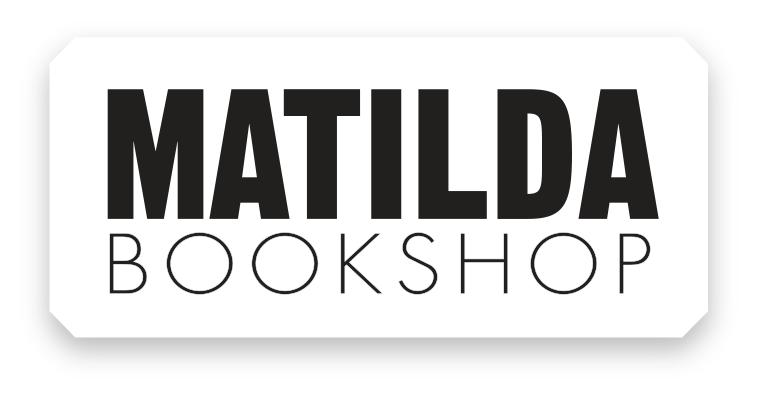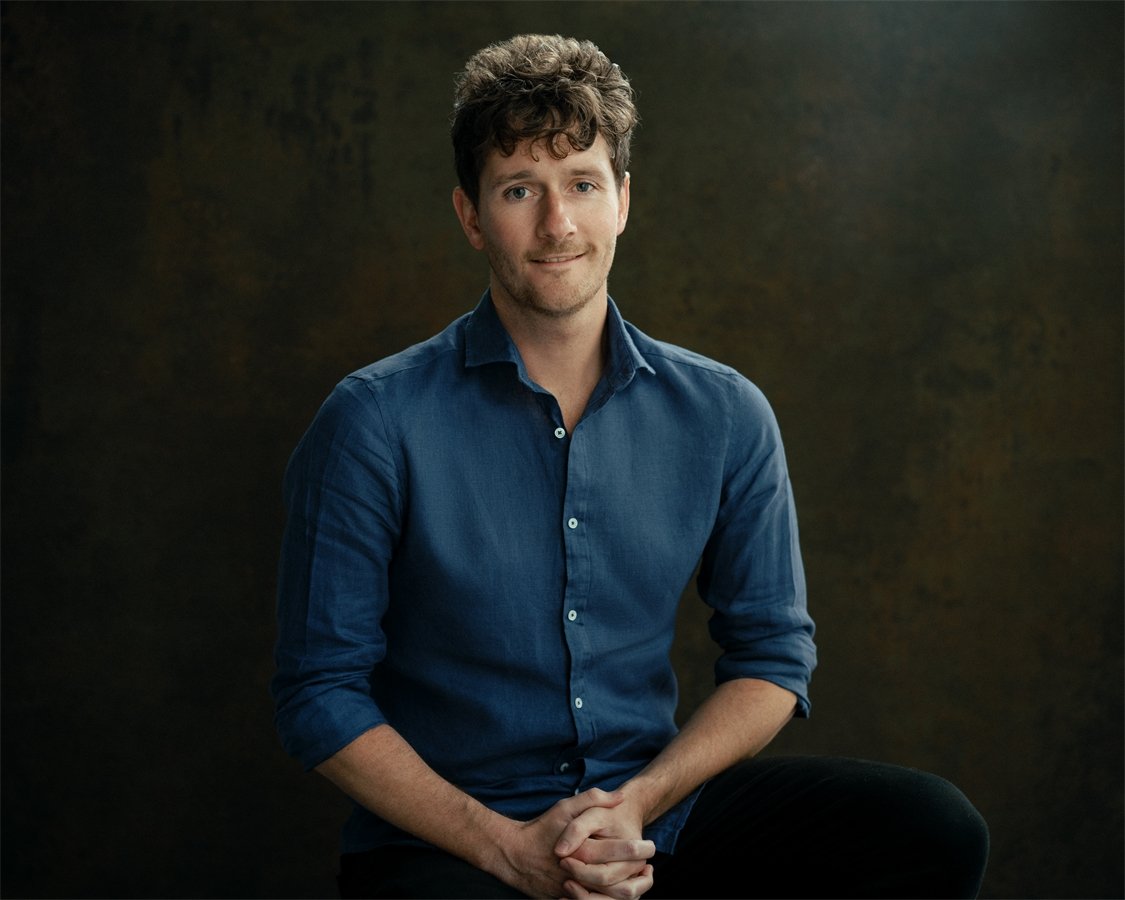
AUTHORS
Robbie Arnott Q&A
Robbie Arnott is the author of Limberlost, The Rain Heron and Flames. He's a two-time winner of The Age Book of the Year, and has also been awarded the Voss Literary Prize. He's been named a Sydney Morning Herald Best Young Novelist, and has twice been shortlisted for the Miles Franklin Literary Award, as well as the Dylan Thomas Prize. He lives in Hobart with his wife and daughter.
Why do you tell stories?
I’ve always been a big reader, for as long as I can remember. Books have built my life, both inside my mind and my place in the world. Telling stories just started happening as a result of that, I think. It never felt like a decision.
Describe Dusk in one (or two) sentence(s).
A puma is killing shepherds in the highlands, while in the lowlands, a pair of desperate twins need money. When they find out a bounty has been placed on the puma’s head they take up the chase, despite knowing they have little chance of success.
The relationship between twins, Floyd and Iris, is beautifully drawn and shows the singular love between them despite differences in temperament and physicality. What is the force that binds these two siblings?
They have nothing else in the world but each other. No property, no family, no place to call home. So they are singularly devoted to each other, while also driving each other crazy. The question of their relationship has been answered before the novel starts, which I found interesting. They won’t abandon each other, even though they sometimes want to — even though, perhaps, they sometimes should.
A particularly vivid thread of Dusk is the way Iris moves through country—she is both comforted and terrified by it, and across the novel she is deeply transformed by it. Tell us about the country she is moving through.
The landscape of Dusk is inspired by the Tasmanian highlands, as well as aspects of New Zealand’s South Island. Both places hold high peaks, snowfields, vast waterways, dangerous terrain and a lack of people. All of it to me feels ancient and powerful.
Did you draw on any local mythologies to imagine an escaped puma haunting the high country of Tasmania?
Not really, no. I’ve discovered that this is disappointing to a few people, and that they assumed I was inspired by big cat sightings in the Tasmanian/Australian bush. But the truth is this: it all came to me while I was thinking about the strange horrors of colonial transportation, not just of people but also of species, shipped around the world on cruel whims.
One of the (commissioned) hunters of Dusk is a Patagonian named Jon. What was the appeal for you as a writer of his Patagonian ancestry.
Part of it is that Dusk herself has been dragged over from Patagonia to hunt deer, so it was nice to have Jon follow her across an ocean, while also lending an aura of alien expertise to the atmosphere of the story. And on a personal level, I am obsessed with Patagonia. It seems like an impossible landscape to me. I have never been there. Going there is one of my life’s great missions.
A riveting element of the novel was your exploration of the hierarchy of species. We favour some species over others, for example. What did you want to say about strangeness/strangers in Dusk?
I always like to poke and prod at humanity’s understanding of its relationship with nature — we see ourselves as apart from it, these days, which is quite a new thing, when you think about the entire history of our species. So with Dusk, I wanted to rip this idea to the forefront, and to have people living on a supposed frontier confronted with their inability to control nature, and to be at its mercy, in the form of an animal they can neither control nor defend themselves from.
When and where do you write?
I have a really nice desk made from a pew that was auctioned off by a decommissioned church. So I try to write at that, usually in the evenings or mornings — the middle of the day is usually taken up with life admin and kid stuff.
What are three things that sustain you as an author, or while you’re writing?
Yorkshire Tea
Walking around Knocklofty Reserve (where I live) or Narawntapu National Park (where I’m from)
asoftmurmur.com
Name three books that you couldn’t live without.
Train Dreams, by Denis Johnson
Gould’s Book of Fish, by Richard Flanagan
The Peregrine, by J. A. Baker
bonus question:
What book are you embarrassed to admit that you’ve never read? Or what books are currently on your to be read pile? Or what books were crucial to the writing of Dusk?
I cannot wait to read Laura Elvery’s upcoming novel, The Nightingale. Laura is wildly talented — everything she’s written so far has been fantastic.


